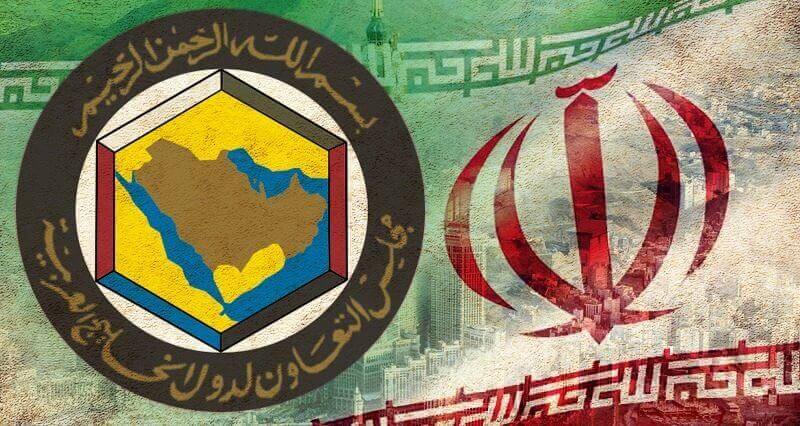The Gulf Cooperation Council (GCC) released a statement on Sunday urging the United Nations (UN) to extend its current arms embargo on Iran, an initiative that is being strongly pushed by the United States (US).
The six-member GCC, which comprises of Saudi Arabia, the United Arab Emirates (UAE), Qatar, Bahrain, and Kuwait, jointly said that Tehran’s influence and interference in its neighbouring countries have increased the necessity of the extension. The unanimous request, made through a letter to the UN, is the first display of unity in the GCC since 2017, when Saudi, Bahrain, the UAE, and Egypt severed all diplomatic, transport, and trade ties with Qatar upon allegations of state-sponsored terrorism and close ties with Tehran. Doha has categorically denied all of these charges. In the past few months, Qatar and the blockading Gulf nations were also embroiled in an international legal battle regarding airspace as well as alleged piracy and broadcasting rights violations.
However, the US shares close relations with all involved nations. Qatar is home to the Western power’s largest regional military base, and US President Donald Trump’s administration views close Gulf ties as an asset in its fight to contain Iran, seeing the internal rift as a threat to its foreign policy objectives. Hence, it has constantly “pushed for a united Gulf front”.
Currently, the international arms embargo on Iran, in accordance with the Joint Comprehensive Plan of Action (JCPOA), is set to expire on 18 October. Washington had quit the nuclear deal in 2018. GCC Secretary General Nayef Falah Mubarak al-Hajraf said, “It is inappropriate to lift restrictions on the supply of weapons from and to Iran until Iran gives up its destabilising activities in the region and stops supplying terrorist and sectarian organisations with weapons.”
The Trump administration has held the “maximum pressure campaign” against Tehran as one of its foremost foreign policy objectives. The GCC and Israel have been at the centre of the Trump administration’s efforts at garnering international support in the Middle East, with both being firm allies.
As Washington attempts to unite the GCC and Israel, however, historical ties and Israeli Prime Minister Benjamin Netanyahu’s aim to unilaterally annex the occupied West Bank have threatened reconciliation between the two US allies. Despite a thaw in relations between the UAE and Israel, Netanyahu’s scheme could put the Gulf’s warming attitude towards Israel in jeopardy due to widespread public support for Palestine in the Arab world.
The Washington-drafted UN Security Council resolution to extend the current embargo requires at least nine favourable votes. However, both Beijing and Moscow have signalled that they will use their veto powers to quash the motion.
GCC Reunites to Urge UN to Extend Iran Arms Embargo
Cooperation within the Gulf is key to Washington's maximum pressure campaign
August 10, 2020

SOURCE: UNITED WORLD INTERNATIONAL
